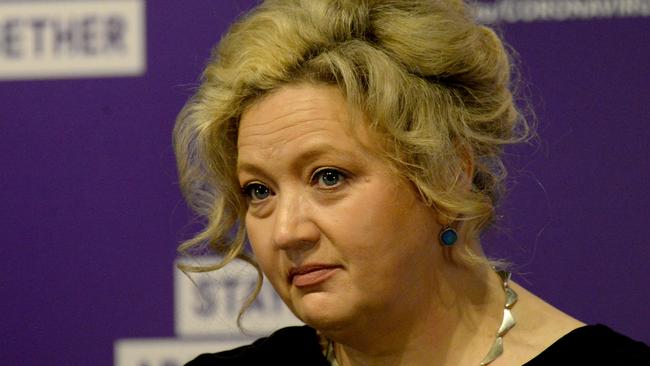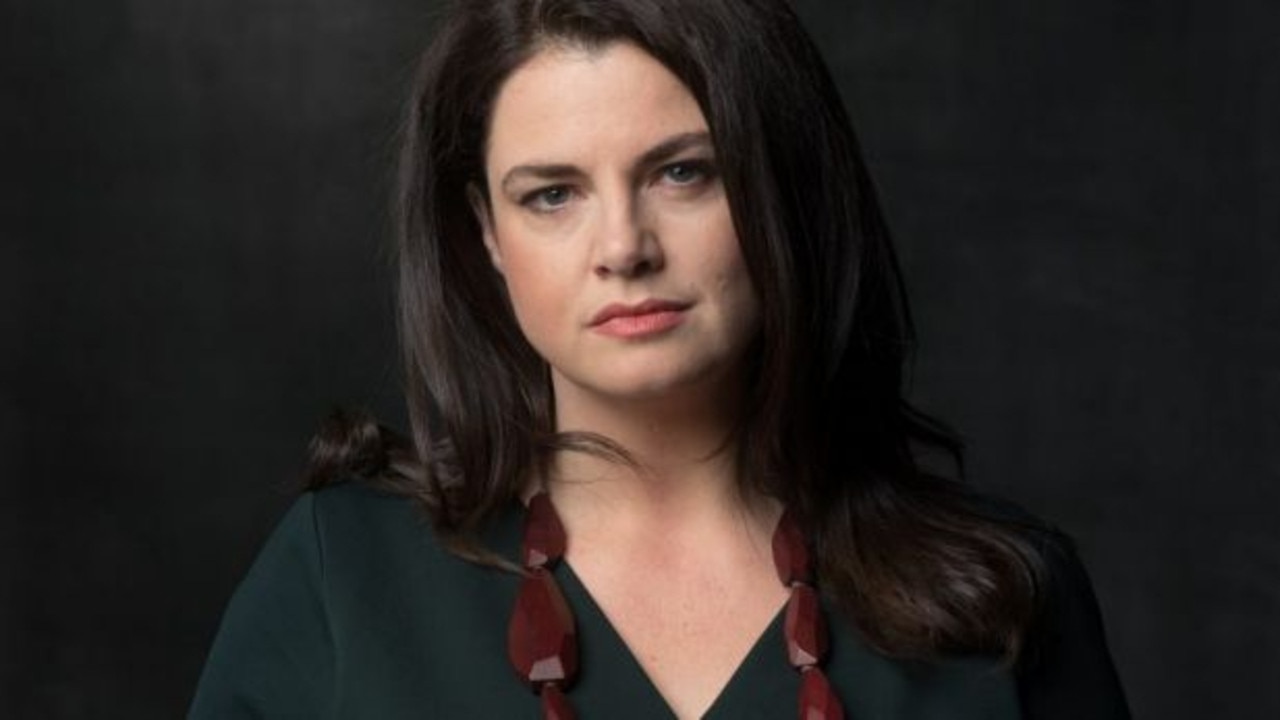Defeat looms for Victorian murder gag law
The Victorian government is facing a backbench revolt in its bid to outlaw the public naming of murdered rape victims including Jill Meagher and Eurydice Dixon.

The Victorian government on Tuesday night failed in the upper house to pass a controversial gag clause in the face of furious opposition from the families of murdered rape victims, including Jill Meagher.
A crossbench revolt in the upper house threw into disarray the Andrews government’s plan to introduce a law including a clause that would prevent grieving families or media naming sexual assault victims after their deaths without permission from a court.
Crossbench MPs, including from Derryn Hinch’s Justice Party and Fiona Patten, supported an opposition and Greens amendment ditching the clause, with debate on the wider bill continuing in the legislative council’s evening session.
A woman identifying as the mother of Adrian Bayley, Meagher’s rapist, joined the campaign alongside sexual assault survivors including Ashleigh Rae Cooper, Nicole Lee and more than a dozen others, who said the law could erase their advocacy after victims’ deaths.
The woman who identified herself only as Susan, phoned in to Melbourne radio station 3AW to express her distress about Bayley’s actions and the fact Meagher’s name could be suppressed forever. “Yes he is (my son), it breaks my heart, it breaks my heart,” she told 3AW’s Neil Mitchell. “When I see her (Meagher’s) picture, my heart breaks. Why should her voice not be heard?”
After The Australian broke the story in late October, Meagher’s mother Edith McKeon accused the government of failing to consult families.
The defeat of the clause is a win for the #LetUsSpeak campaign by advocates and survivors of sexual crimes, some of whom have spent thousands of dollars fighting legal battles to use their own names in public when telling their stories.
The proposed gag law on deceased victims resulted from a botched attempt to fix a problem Victoria created earlier this year, when it outlawed the naming of living sexual assault victims in public unless a judge granted permission. Survivors who wanted to tell their stories publicly were forced to go to the expense and difficulty of taking court action to be allowed to tell their stories, which cost more than $10,000.
Attorney-General Jill Hennessy proposed a law change that would have enabled survivors to tell their stories freely, but included an amendment that meant deceased victims were not to be named, even by families on social media or any other platform.
It would have meant family members and media organisations had to delete thousands of articles and posts about well-known cases including those of Eurydice Dixon and Aiia Masaarwe. Penalties under the proposed law were four months’ jail and fines of up to $3300 for individuals and $8200 for news outlets.
The government admitted it did not consult with families on the name-ban for deceased relatives before introducing the bill.
The government has also claimed current law makes it illegal to name a deceased victim if he or she has ever complained to police — but nobody has ever been prosecuted under this law.
A Victorian judge last week disputed this interpretation, however, saying there was no legislative prohibition on naming deceased victims.
Journalist Nina Funnell is the creator of the #LetUsSpeak campaign in partnership with Marque Lawyers, Rape & Sexual Assault Research & Advocacy and EROC Australia


